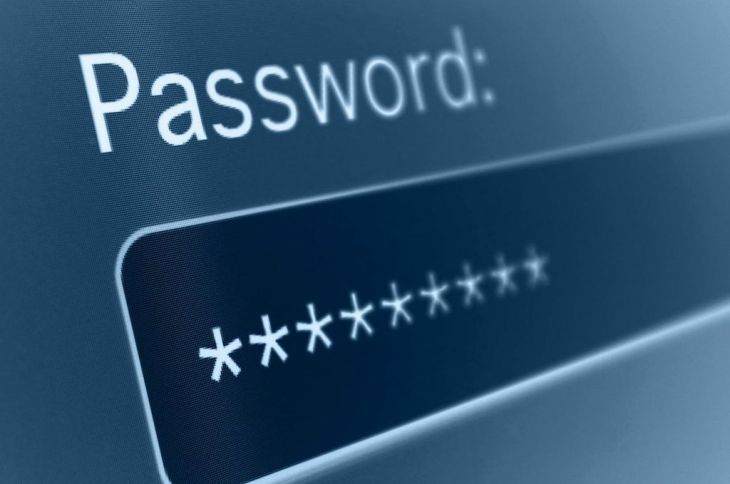Welcome to the world of online security, where safeguarding your digital presence is as important as ever. In today’s interconnected landscape, we have countless opportunities at our fingertips, but it’s crucial to navigate the virtual realm with certain essential knowledge.
In this article, we’ll explore the do’s and don’ts of online security, empowering you to protect your digital life with ease.
Do: Create Strong and Unique Passwords

When it comes to online security, strong passwords are your first line of defense. Avoid using easily guessable combinations like birthdays or common phrases. Instead, opt for a unique mix of uppercase and lowercase letters, numbers, and special characters.
For example, instead of “password123,” try “P@ssW0rd!21.” However, don’t forget that replacing letters with numbers (as in our example) is a well-known trick, and cybercriminals know it. Instead, go for passphrases and include numbers or special letters at random places in it.
And remember, using the same password for multiple accounts is a big no-no. Consider using a reliable password manager to generate and securely store your passwords so that remembering all these difficult combinations won’t become a burden.
Don’t: Overshare Personal Information Online
Respecting your online security means being cautious about sharing sensitive personal information. Don’t provide too many personal details, especially on public forums or unfamiliar websites. Adjust your privacy settings on social media platforms to limit access to possibly sensitive information.
Avoid divulging your full address, financial details, and especially your social security number in public forums or on social media platforms. Cybercriminals can exploit this information for identity theft, financial, or other malicious activities.
Instead, share personal information only on secure websites and messaging apps (like Whatsapp, which is encrypted) and only with trusted friends. For example, resist the temptation to post pictures of your house on social media, as it can potentially expose you to unwanted risks. That’s especially important if you keep your profile public or people you don’t know are in your friends or followers list.
Do: Keep Your Software Updated
Software updates may seem bothersome, but they are crucial for your online security. Developers frequently release updates to fix vulnerabilities and address security flaws. Ignoring these updates leaves your devices vulnerable to cybercriminals’ intents.
Make it a habit to regularly update your operating systems, web browsers, antivirus software, and other core devices’ applications. For instance, when prompted to update your phone’s operating system, such as iOS or Android, don’t delay or dismiss it. These updates often include critical security patches.
Don’t: Click on Suspicious Links and Downloads
Phishing attacks are on the rise, so it’s crucial to know how to avoid making human mistakes such as these.
Firstly, to not fall for this widespread cyberattack, avoid clicking on any links you receive via email or messages. That’s unless you know for sure that the source sender uses an email/number matching the public one on their websites. Check them manually on a search engine.
Exercise caution with unsolicited requests for personal or financial information. For instance, be skeptical of emails claiming to be from your bank, post office, or other financial institutions, especially if they ask you to provide sensitive details or click on a link to verify your account. Instead, manually type in the official website’s URL to access your account.
Additionally, refrain from downloading files from untrusted or unofficial sources, as they can harbor malware that compromises your online security. When in doubt, it’s better to err on the side of caution.
Do: Add an Extra Layer of Security with Two-Factor Authentication (2FA)
Take advantage of the power of two-factor authentication. This feature typically involves entering a unique code sent to your mobile device after entering your password. It significantly reduces the risk of unauthorized access and strengthens your digital defenses.
Many online services now offer 2FA, so make sure to utilize this simple yet powerful measure. After all, most of us keep our accounts logged in for months, and it’s not that difficult to log in once in a while by entering an additional code. The crucial accounts that should have 2FA include email accounts, social media platforms, and financial services such as PayPal or banking apps.
Conclusion:
Knowledge and proactive measures are the key to safety in a dangerous online world. You should be safe as long as you remember to create strong and unique passwords, keep your software updated, be cautious with personal information, avoid suspicious links and downloads, and embrace two-factor authentication. With these practices, you’ll be able to enjoy the benefits of technology while staying one step ahead of cyber threats.
Disclosure: We might earn commission from qualifying purchases. The commission help keep the rest of my content free, so thank you!



